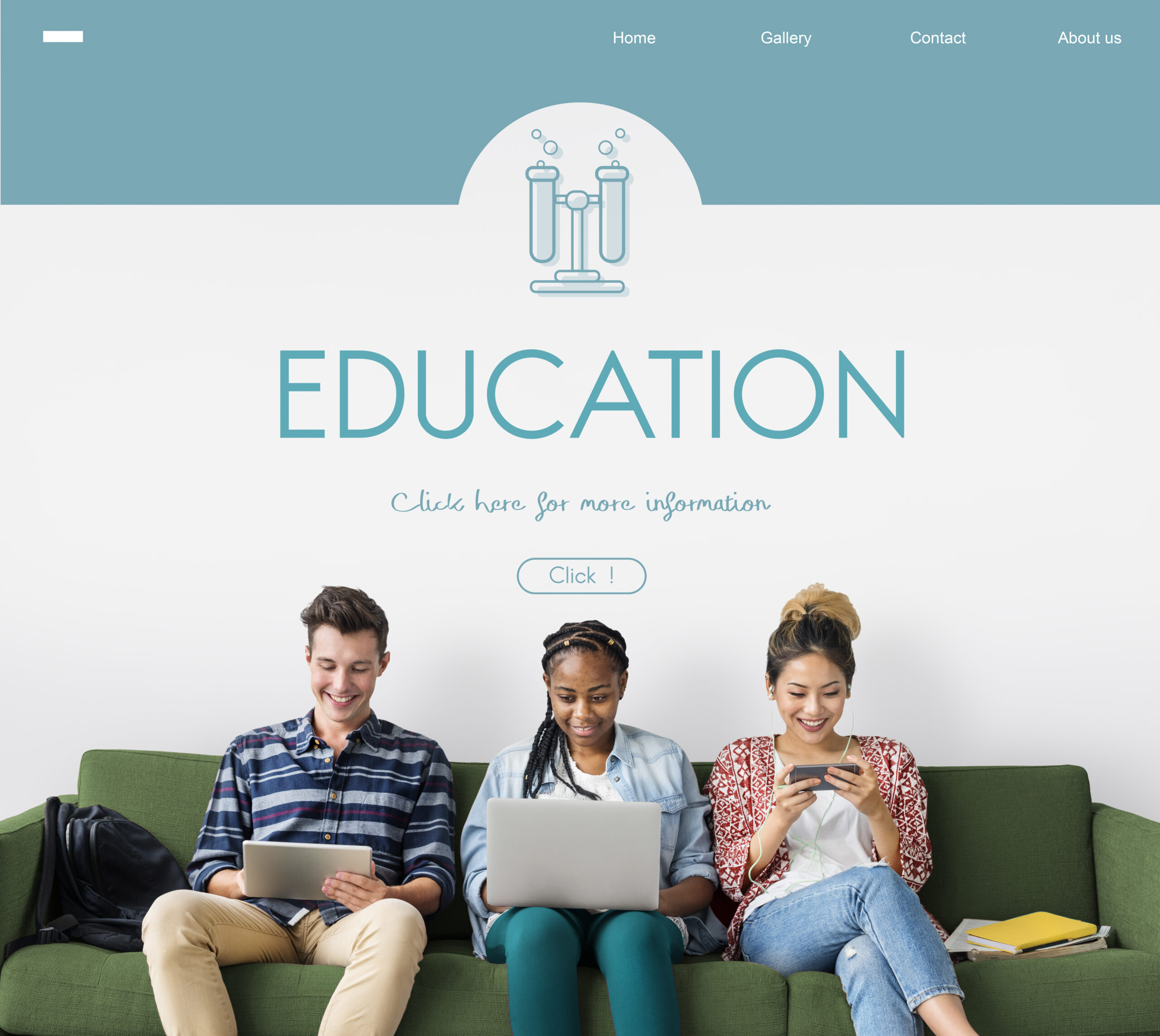Embracing the Future of Education: The Rise of Online Colleges

Introduction:
In the rapidly evolving landscape of education, traditional boundaries are being dismantled by the advent of online colleges. As technology continues to reshape the way we live, work, and learn, online education has emerged as a transformative force, offering unprecedented opportunities for students worldwide. In this blog post, we will explore the phenomenon of online colleges, their advantages, challenges, and their impact on the future of education.
The Evolution of Education:
Education has come a long way from its traditional roots. The one-size-fits-all model of brick-and-mortar institutions is gradually making room for a more flexible, personalized, and accessible approach to learning. Online colleges, also known as e-learning or distance education, have become a cornerstone of this educational revolution.
Advantages of Online Colleges:
- Flexibility and Accessibility: One of the primary advantages of online colleges is the flexibility they offer. Students can access course materials and lectures at any time, allowing them to balance their education with work, family, and other commitments. This accessibility breaks down geographical barriers, enabling individuals from different corners of the world to pursue education without the need for relocation.
- Diverse Course Offerings: Online colleges often provide a broader range of courses than traditional institutions. This diversity allows students to explore niche subjects and tailor their education to their specific interests and career goals. From business and technology to arts and humanities, the plethora of options fosters a more inclusive and dynamic learning environment.
- Cost-Effective Learning: Pursuing a degree through an online college can be more cost-effective than attending a traditional institution. Students can save on commuting expenses, accommodation, and other related costs. Additionally, many online courses offer affordable tuition fees and provide digital resources, reducing the need for expensive textbooks.
- Personalized Learning Experience: Online colleges leverage technology to create personalized learning experiences. Adaptive learning platforms, interactive simulations, and multimedia resources cater to diverse learning styles, ensuring that students can grasp concepts at their own pace. This individualized approach enhances comprehension and retention.
Challenges and Considerations:
- Lack of Face-to-Face Interaction: While online colleges offer flexibility, they may lack the face-to-face interaction present in traditional classrooms. Some students thrive in a physical learning environment, benefiting from real-time discussions, group projects, and hands-on activities. Online colleges must find innovative ways to foster community and collaboration in the virtual space.
- Technical Challenges: Reliable internet access and technical proficiency are prerequisites for successful online learning. Students in remote areas or those with limited technological resources may face challenges in accessing online courses. To address this, online colleges need to invest in infrastructure and provide support services for students navigating technical issues.
- Perceived Credibility: Despite the growing acceptance of online education, some employers and individuals still question the credibility of online degrees. It is crucial for online colleges to uphold rigorous academic standards, seek accreditation, and collaborate with industry partners to enhance the perceived value of their programs.
Impact on the Future of Education:
- Globalization of Education: Online colleges contribute to the globalization of education, allowing students to connect with professors, peers, and experts from around the world. This interconnectedness fosters a diverse and enriching educational experience, preparing students for a globalized workforce.
- Lifelong Learning: The flexibility of online education makes it conducive to lifelong learning. Individuals can acquire new skills and knowledge throughout their careers, adapting to the evolving demands of the job market. Online colleges play a pivotal role in promoting continuous learning as a lifelong pursuit.
- Innovation in Teaching Methods: The rise of online colleges has spurred innovation in teaching methods. Educators are exploring new approaches, such as gamification, virtual reality, and artificial intelligence, to enhance the learning experience. This experimentation contributes to the evolution of pedagogy and the development of more engaging and effective instructional techniques.
- Diverse Course Offerings: Online colleges often provide a vast array of courses and degree programs, allowing students to pursue their interests and tailor their education to their career goals. This diversity transcends geographical boundaries, enabling individuals from different parts of the world to access specialized courses that may not be available locally.
- Cost-Efficiency: The cost of traditional higher education, including tuition, accommodation, and commuting expenses, can be a significant barrier for many students. Online colleges often present a more cost-effective alternative, with lower tuition fees and the elimination of additional costs associated with on-campus living.
- Technological Integration: The integration of cutting-edge technologies enhances the learning experience in online colleges. Virtual reality simulations, AI-driven tutoring, and interactive multimedia resources provide students with hands-on experiences and exposure to real-world scenarios, preparing them for the demands of their future careers.
- Global Learning Community: Online colleges bring together a diverse group of students from various backgrounds and cultures. This global learning community fosters collaboration, cross-cultural understanding, and the exchange of ideas, enriching the educational experience and preparing students for a globalized workforce.
-
Impact on Students and the Educational Landscape:
- Empowerment and Inclusivity: Online colleges empower individuals who may have faced barriers to traditional education, such as those with disabilities or those in remote areas. The inclusivity of online education ensures that a broader spectrum of society can access quality learning opportunities.
- Lifelong Learning: The flexibility of online education encourages a culture of lifelong learning. Professionals can enhance their skills, stay updated with industry trends, and pursue advanced degrees without interrupting their careers. This adaptability is crucial in a world where continuous learning is essential for personal and professional growth.
- Job Market Relevance: Online colleges often collaborate with industry experts to design curriculum and ensure that the content remains relevant to the demands of the job market. This collaboration bridges the gap between academic theory and practical application, equipping students with the skills and knowledge needed in their respective fields.
- Redefining Traditional Models: The success and popularity of online colleges have prompted traditional institutions to adapt and integrate online components into their programs. Blended learning models, where students combine online and on-campus experiences, are becoming increasingly common, indicating a shift towards a more flexible and technology-driven educational landscape.
Conclusion:
Online colleges represent a paradigm shift in education, offering unparalleled opportunities for learners across the globe. While challenges exist, the advantages and impact on the future of education are undeniable. As technology continues to advance, online colleges will play a pivotal role in shaping the educational landscape, providing flexible, accessible, and personalized learning experiences for students of all ages and backgrounds. Embracing this transformation is not just an acknowledgment of change; it is an investment in the limitless possibilities of education in the 21st century.
https://www.wolfywide.com/embracing-the-furure-of-education-the-rise-of-online-collages/
Follow us for more like this:




